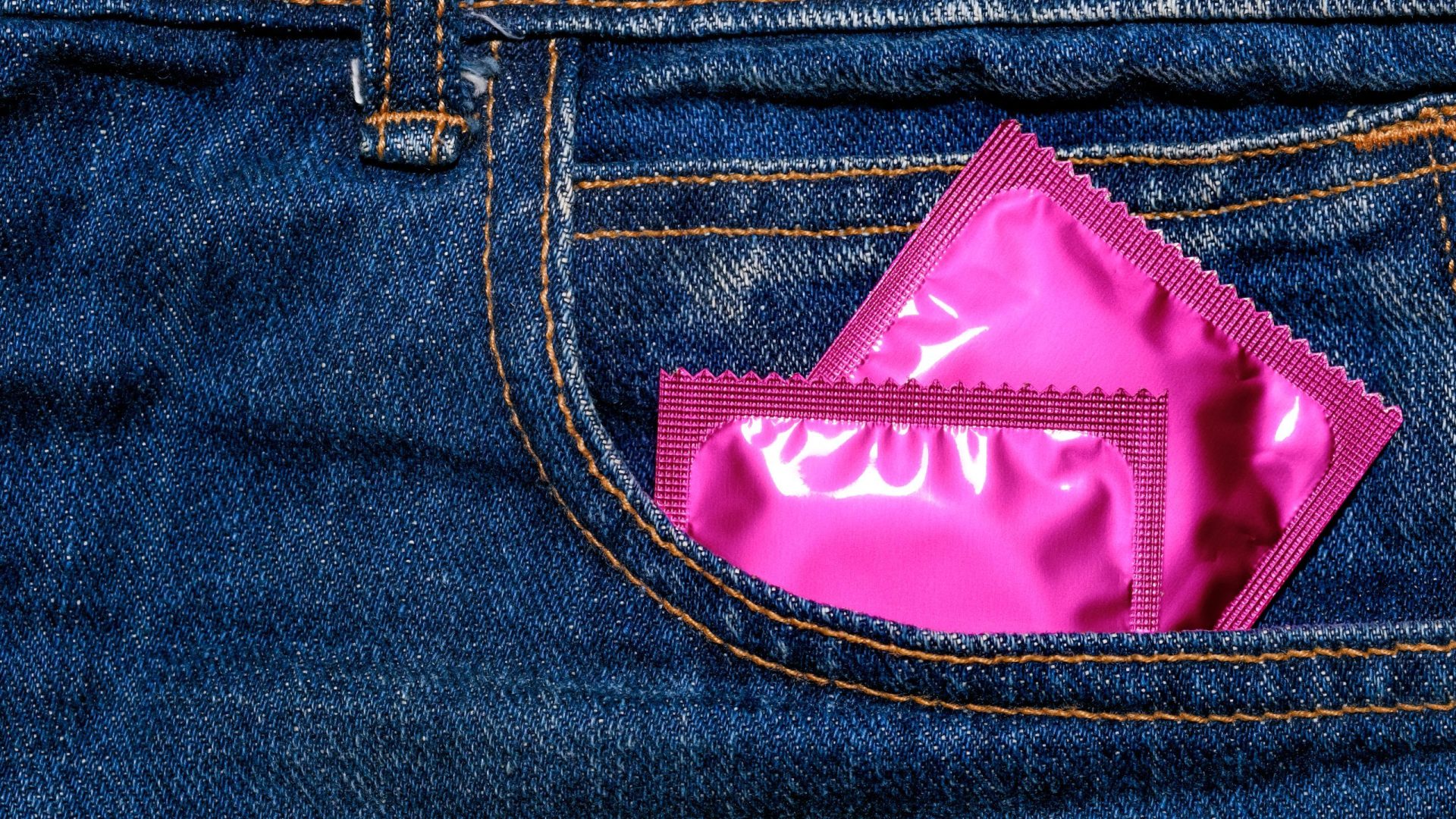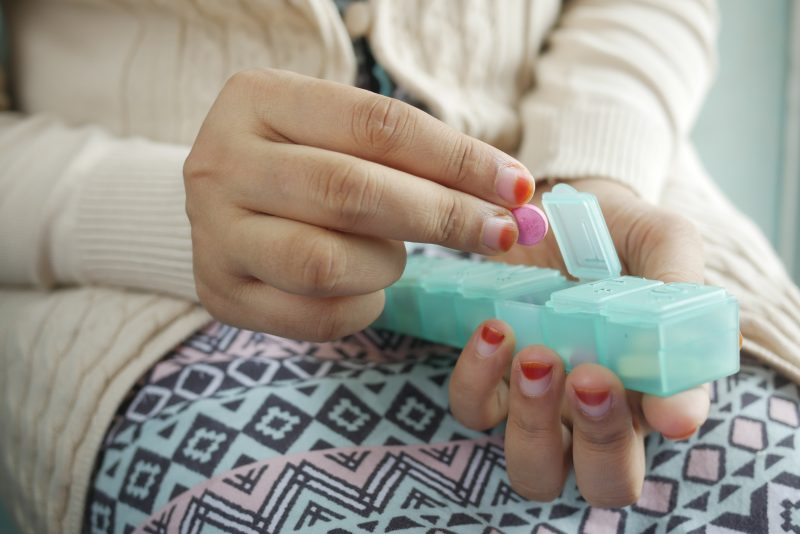Using a condom during sex is the most effective way to prevent transmission of STIs and other blood-borne viruses, such as HIV and hepatitis.
Key things to know
If you’ve had sex without a condom, there’s a chance you could have a sexually transmitted infection (STI).
Many STIs do not show clear symptoms, therefore regular testing is the best way to know your status and feel more in control of your sexual health. If you are sexually active, you should get tested for STIs at least every 6 months, and every 3 months if you have multiple partners or have anal sex.
If you find using condoms difficult and are worried about HIV risk, you can take PrEP – a medication that can protect you from HIV when taken before sex. However, it is important to know that PrEP doesn’t protect against other STIs.
If you are worried about STIs or your sexual health, you can get in touch with us for advice and support.
Get in touch
How to prevent STIs
Anyone who is sexually active can get an STI, but there are many ways you can keep yourself and your partners healthy while enjoying your sex life.
Talk with your partners
Talking about your sexual health is nothing to be ashamed of and open communication with your partners is key, whether in a new, short-term or long-term relationship. There are several key points that are important to discuss and be aware off when having sex:
- You should never feel pressured to have sex without a condom and it is not ok for a partner to insist this. Using a condom is the best way to prevent the transmission of STIs and to avoid an unwanted pregnancy. Read our page on condoms for more information on negotiating condom use with your partner.
- If you are thinking of having sex without a condom, it is important to discuss other contraceptive methods to avoid an unwanted pregnancy. It is also a good time to check-in with your partner(s) about when they last got tested for STIs and, if it has been a while, consider getting tested together.
- Talking about your sexual health with your partners can also provide a great opportunity for you to discuss your likes and dislikes when it comes to sex. Establishing boundaries early in the relationship can help build trust and to make you feel more comfortable around each other.
If, for any reason, you don’t feel comfortable having sex (with or without the condom), you can always say no. Read more about giving consent during sex.
Use condoms and lube
When it comes to sexual health, the trusty combo of condoms and lube remains the single most effective way to minimise the risk of STIs and HIV. Check out our condoms page to learn more about the types of condoms available and how to use them correctly.
Be aware when having sex under the influence
Having sex under the influence of alcohol or drugs can increase your risk of STIs. Alcohol and drugs lower your inhibitions, making you feel more relaxed, which can contribute to a fun night out. However, sometimes it can affect your judgement and lead to having sex without a condom in a situation where you normally would.
Excessive alcohol and recreational drug use can also affect your emotional and mental health, and may have a negative impact on your relationships. If you find alcohol is becoming a problem, speak to your GP or check out Drink Aware.
Get vaccinated
Vaccines for hepatitis B and HPV are available for free on the NHS.
The HPV vaccination is recommended for men, and those assigned male at birth, who have sex with men and are aged 45 or under. HPV vaccinations are available in Scotland from sexual health and HIV clinics. Find out more about HPV vaccination for men who have sex with men.
You can also get vaccinated for hepatitis B if you were not vaccinated when you were younger. Hospitals, GP surgeries and sexual health clinics usually provide the hepatitis B vaccination free of charge to anyone at risk.
Get tested
It is important to get tested for STIs regularly if you are sexually active. Many STIs don’t show any symptoms, so the only way to know for sure if you have an STI is to get tested.
If you and your partner have tested negative for STIs and HIV after you had sex with other partners and you only have sex with each other, the risk of STIs and HIV is very low even if you don’t use a condom. Otherwise, you should use condoms to prevent transmission of STIs and HIV.
Looking for advice?
If you are looking for information and advice on the transmission, prevention and treatment of sexually transmitted infections, we are here to help. Get in touch by filling out our contact form.




